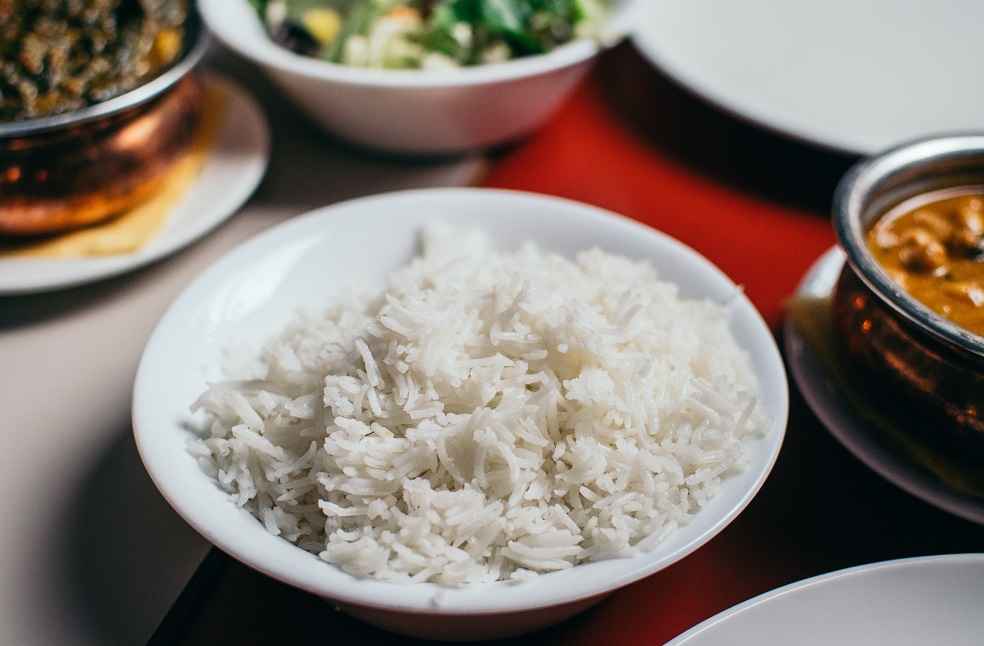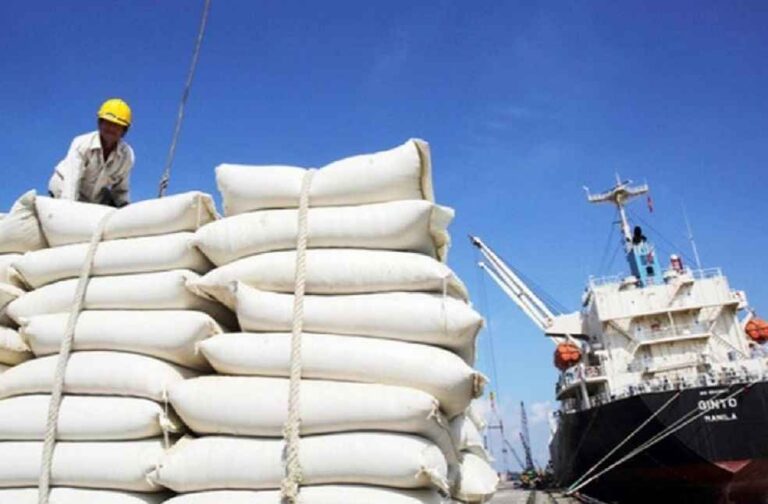The Pakistan government has vowed to address challenges faced by rice exporters after contaminated rice shipments were intercepted in the European Union (EU), jeopardising the country’s trade reputation and market access.
The Ministry of National Food Security and Research (MNFS&R) is under pressure to expedite Phytosanitary Certificates, crucial for agricultural exports. Officials warned that lapses in meeting food safety and phytosanitary standards could result in trade barriers or bans, threatening Pakistan’s economy.
Rice exports, particularly the aromatic Basmati variety, are a major source of foreign exchange. In the fiscal year 2023-24, rice exports totalled $3.93 billion, with Basmati contributing $877 million. From July to November 2024, rice exports stood at $1.515 billion, including $386 million from Basmati. However, inconsistent compliance with food safety standards risks damaging the country’s trade prospects.

An EU member state flagged a shipment of Pakistan’s organic Basmati rice for contamination with genetically modified organisms (GMOs), banned under EU regulations. The shipment, destined for the Netherlands, was intercepted on July 31, 2024, and reported by the EU’s Rapid Alert System for Food and Feed on August 2, 2024.
“This interception is a wake-up call,” a senior ministry official said. “We must ensure such lapses do not recur.”
The contamination is believed to have resulted from cross-pollination involving Chinese GMO seeds planted in fields previously used for Basmati rice. Critics have called out the Federal Seed Certification and Registration Department (FSCRD) and the Pakistan Agricultural Research Council (PARC) for insufficient oversight. The Environmental Protection Agency (EPA) under the Ministry of Climate Change has also faced scrutiny for failing to regulate GMO seed imports effectively.
In 2018, concerns over GMO rice led Pakistan to block a shipment of Chinese rice seeds, creating tensions with Beijing. The current incident has renewed calls for stricter regulatory measures.

The MNFS&R has introduced steps to improve export transparency and efficiency, working with the Rice Exporters Association of Pakistan (REAP). The Department of Plant Protection (DPP) has streamlined procedures for Phytosanitary Certificates, ensuring compliance with Pakistan Plant Quarantine Rules 2019 and the International Plant Protection Convention.
“We are committed to safeguarding Pakistan’s credibility as a reliable rice exporter,” a government official stated. Exporters have been urged to adopt practices that align with global food safety standards.
While the measures are welcomed, industry representatives remain cautious. “These reforms are overdue,” a REAP official said. “The challenge lies in effective implementation to avoid further damage to our reputation.”
IMEX SECTOR | ADIO and EXIM Sign MoU to Strengthen UAE-US Trade and Innovation



